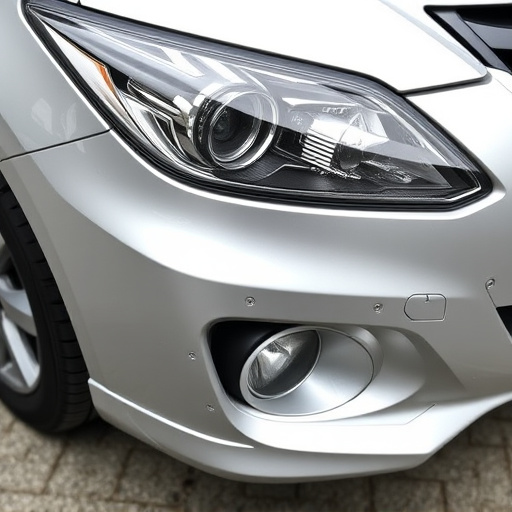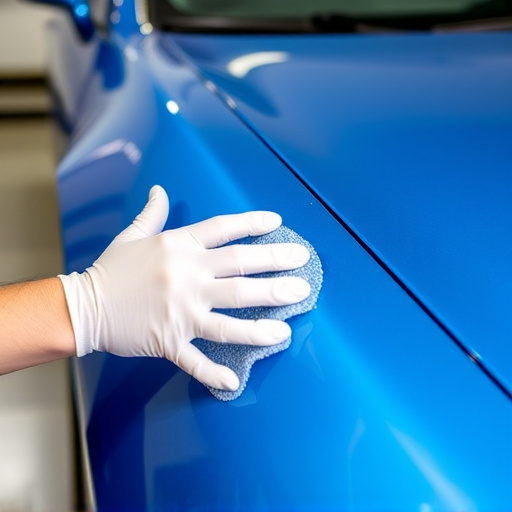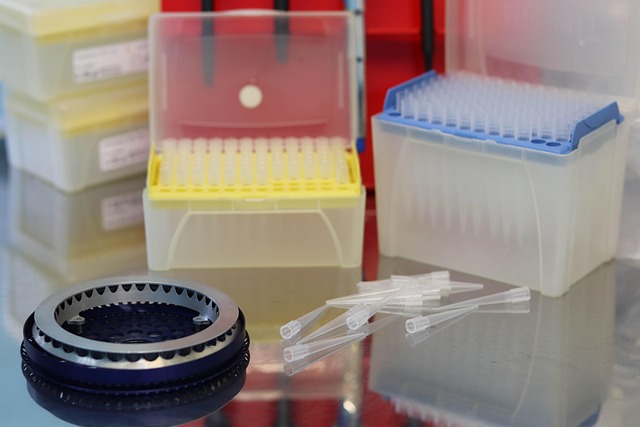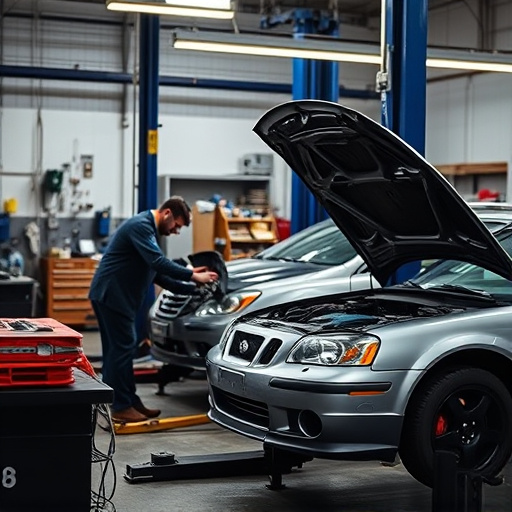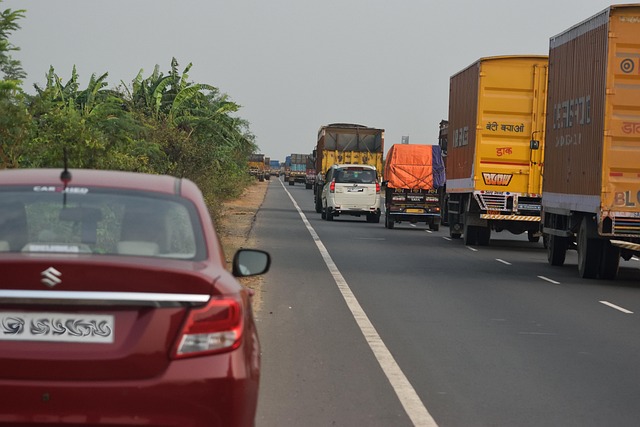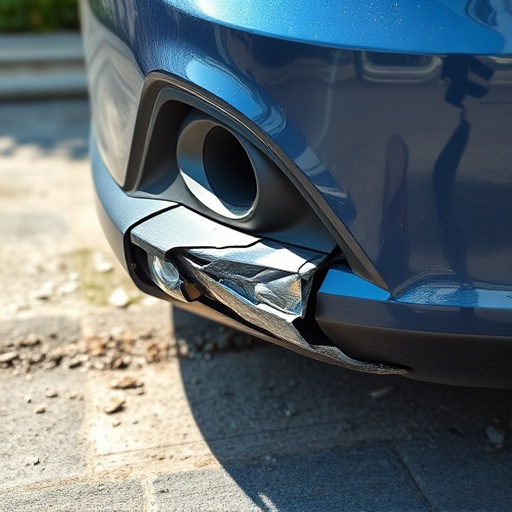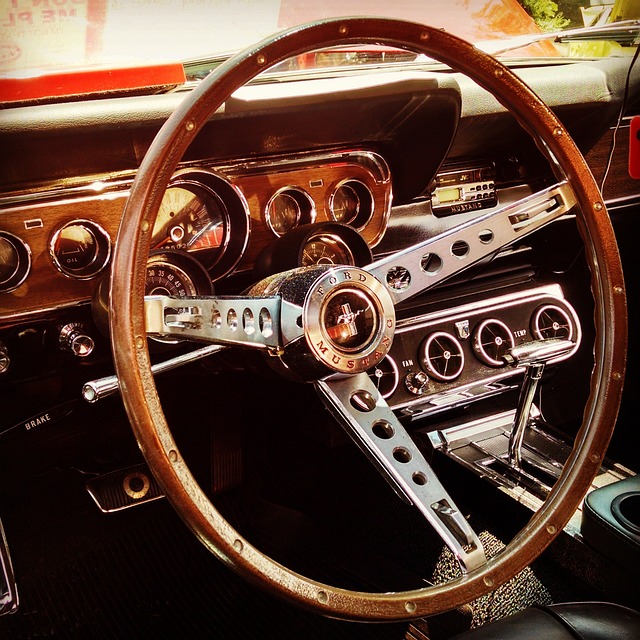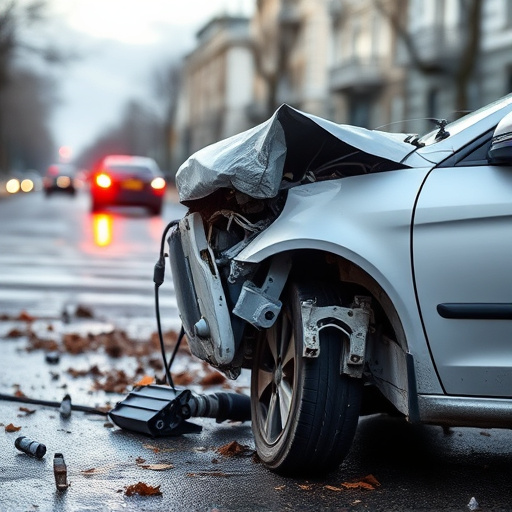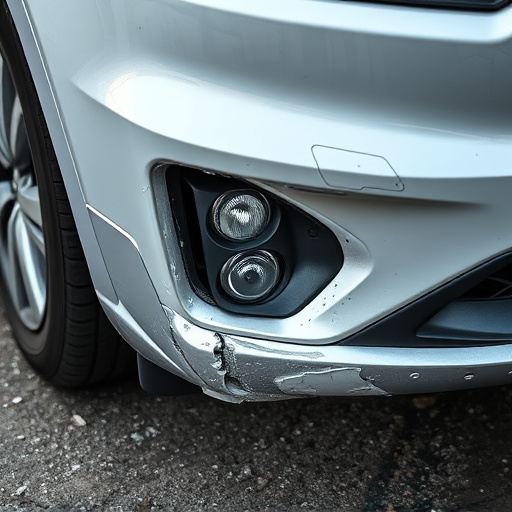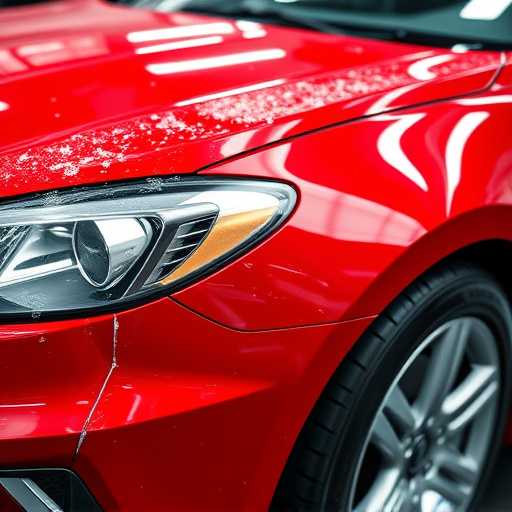After a collision, especially high-speed ones, conduct a thorough brake system inspection to identify potential internal damage like cracked rotors, compromised calipers, and damaged hydraulic lines. Prompt action is crucial for optimal braking performance, enhanced safety, and preventing future mechanical issues. This inspection involves advanced diagnostic tools assessing wear, damage, or leaks in pads, rotors, calipers, and master cylinders, followed by a detailed report and repair recommendations. This becomes even more important if auto glass replacement was also part of collision repairs, as both systems work interdependently to protect drivers.
In the aftermath of a collision, understanding the integrity of your vehicle’s brake system is crucial for safety. A car crash can significantly impact braking components, often hidden beneath the surface. This article guides you through recognizing when a thorough brake system inspection post-crash is essential. We’ll explore the signs to look out for and provide insights into what to expect during and after this critical evaluation, ensuring peace of mind on the road. Learn how to prioritize your safety by addressing potential issues early.
- Understanding the Impact of Collisions on Brake Systems
- When to Prioritize a Post-Crash Brake Inspection
- What to Expect During and After the Inspection
Understanding the Impact of Collisions on Brake Systems
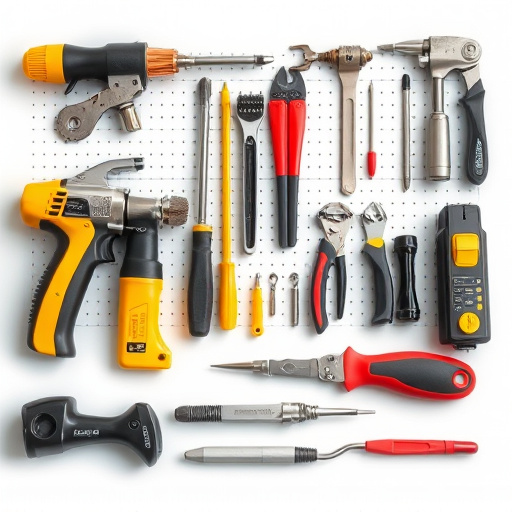
Collisions can significantly impact a vehicle’s brake system, potentially causing internal damage that may not be immediately apparent. When a car is involved in an accident, especially at high speeds, the force of the impact can lead to various issues within the intricate network of brakes. From cracked or warped rotors to compromised calipers and damaged hydraulic lines, these problems can affect braking performance and safety. Regular brake system inspections post-crash are crucial to identify such hidden damages.
Automotive repair services experts emphasize that even minor collisions might have profound effects on the overall functionality of a vehicle’s braking mechanism. Therefore, it is essential for drivers to prioritize brake system inspection after any accident, regardless of the perceived severity. Visiting a reputable car repair shop for an assessment can help ensure that your brakes are in optimal condition, enhancing both driving safety and preventing future mechanical issues, especially when compared to postponing necessary repairs or neglecting post-crash vehicle dent repair.
When to Prioritize a Post-Crash Brake Inspection
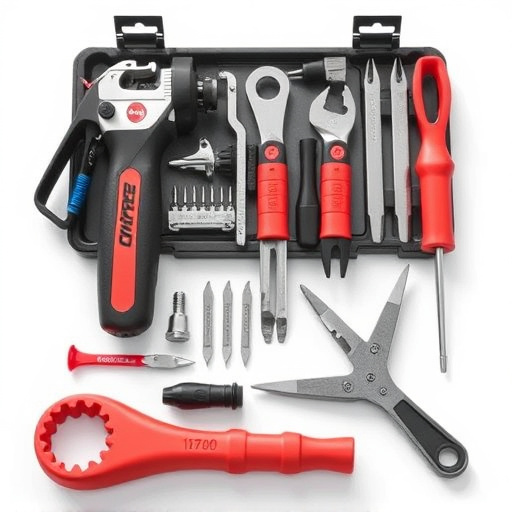
In the aftermath of a collision, prioritizing safety is paramount. One critical aspect that often requires immediate attention is the brake system inspection. Even minor accidents can cause unseen damage to this intricate component, so a thorough assessment is essential. If you’ve been involved in a crash, schedule a post-crash brake inspection without delay, especially if there are signs of physical damage or unusual noises when braking.
A comprehensive check should include examining the brake pads for wear and tear, inspecting the rotors for warping or cracks, and assessing the condition of the brake fluid. Additionally, looking into tire services and car body restoration is vital as these components often work in tandem with the brakes. For instance, Mercedes Benz repair specialists emphasize that a well-maintained brake system relies on properly inflated tires to ensure optimal performance and safety.
What to Expect During and After the Inspection
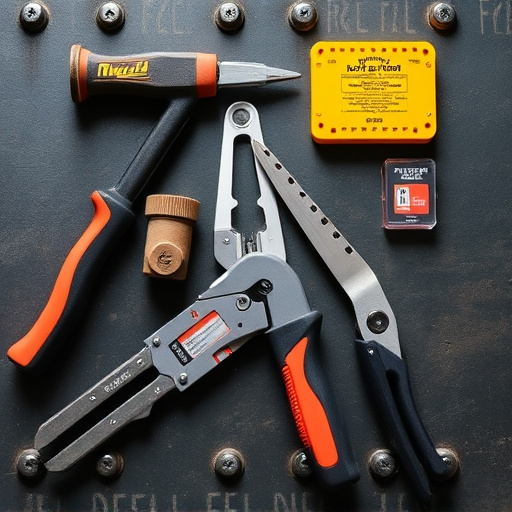
During a brake system inspection following a collision, technicians will thoroughly assess every component of your car’s braking system, including pads, rotors, calipers, and master cylinders. They’ll look for signs of wear, damage, or leakage that could indicate compromised performance or safety risks. This process involves advanced diagnostic tools to identify any issues not immediately apparent. After the inspection, you’ll receive a detailed report outlining the condition of your brake system, along with recommendations for any necessary repairs.
If repairs are required, your mechanic will discuss options tailored to your vehicle, whether it’s a high-performance model like a Mercedes Benz repair or a more standard car in need of general restoration. They might suggest replacing worn parts, addressing leaks, or making adjustments to ensure optimal braking performance and safety. Additionally, if auto glass replacement was part of the collision repairs, ensuring your brake system is fully functional and safe becomes even more critical, as these two systems work in tandem to protect you on the road.
After a collision, it’s crucial to prioritize safety by scheduling a comprehensive brake system inspection. Understanding the potential impact of crashes on brake components is essential. If you’ve been in an accident, don’t delay a post-crash inspection; it could reveal necessary repairs for optimal vehicle control and passenger safety. Remember, a timely brake system inspection can prevent future issues and ensure your peace of mind on the road.
